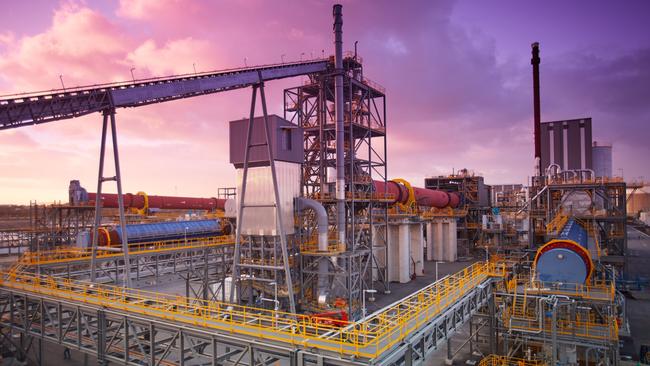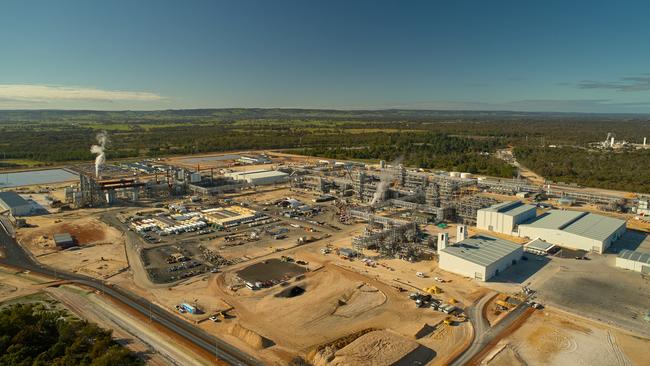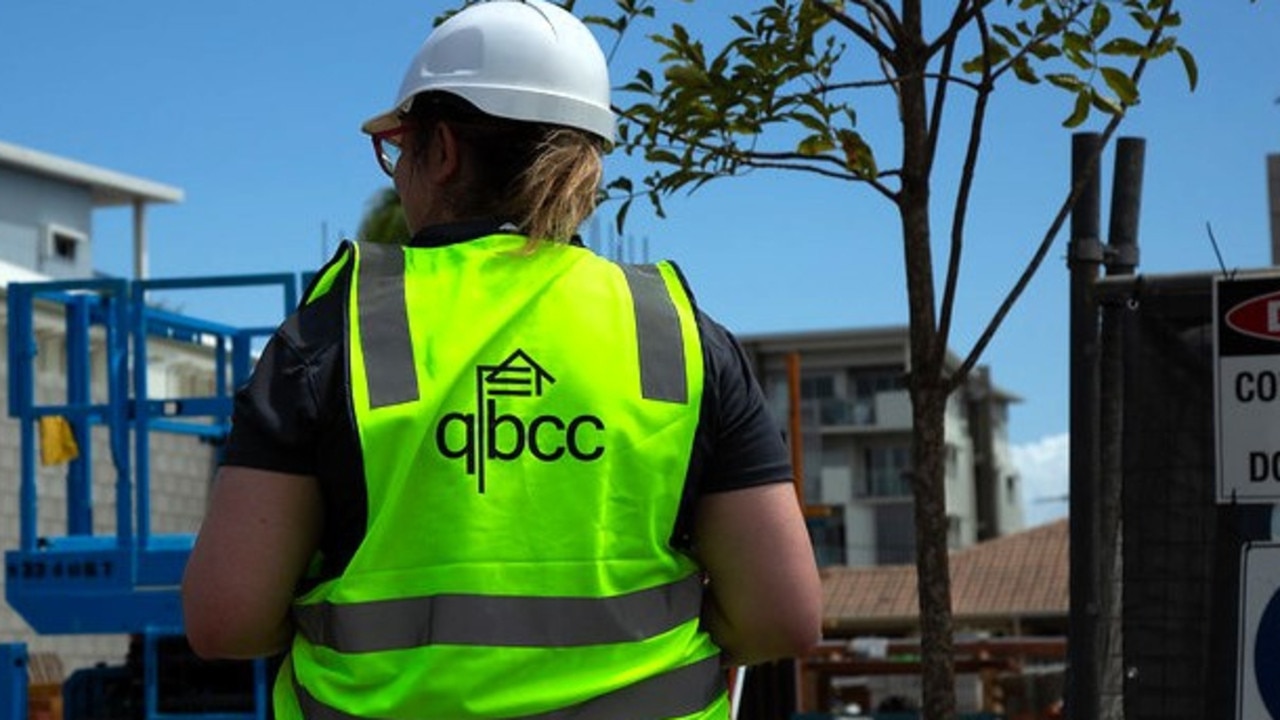Albemarle’s China move puts spotlight on WA lithium refineries
The lithium heavyweight will shut a processing plant in China as it continues to cut costs, in a move that casts more doubt on the future of refineries built in WA.

Business
Don't miss out on the headlines from Business. Followed categories will be added to My News.
Lithium heavyweight Albemarle will mothball one of its processing plants in China as it continues cost-cutting measures that saw it drastically reduce investment in Australia and sack hundreds of workers.
New York-listed Albemarle said it would put the Chengdu lithium hydroxide plant in China into care and maintenance by mid-year amid the prolonged downturn in prices for the battery ingredient.
Albemarle will also shift production away from lithium hydroxide to lithium carbonate in a move than casts more doubt on the future of hydroxide plants built in WA.
China’s Tianqi and partner IGO are understood to be considering mothballing their loss-making lithium hydroxide plant at Kwinana south of Perth after shelving plans to boost capacity.
However, Albemarle said its troubled lithium hydroxide plant at Kemerton in WA’s southwest had started making commercial sales of battery-grade chemical.
The breakthrough at Kemerton comes more than two-and-a-half years after the plant, estimated to have cost Albemarle more than $1.5bn to build to date, produced first lithium hydroxide and entered a commissioning phase.
Speaking after the release of Albemarle’s full-year results for 2024, chief executive Kent Masters said the performance of the Kemerton plant continued to improve.
Albemarle last year said it had resorted to flying in teams from China to fix problems at Kemerton, with Mr Masters telling a BMO Capital Markets conference that the company’s experience showed WA did not have the chemical processing capability needed to build and operate at the level of technical proficiency required.
As well as mothballing Chengdu, Albemarle will convert some of the capacity at its bigger Qinzhou lithium hydroxide plant in China to lithium carbonate in response to demand for carbonate growing more quickly.
“As we have reviewed our conversion network for improvement opportunities, we have made the decision to place our Chengdu plant on care and maintenance due to market conditions and shifting product mix,” Mr Masters told analysts.
“Chengdu is a relatively small plant with a capacity to produce approximately 5000 tonnes of lithium hydroxide annually.
“We will continue to service those customers through the ramp of newer, larger plants in Chile, China and Australia (Kemerton).
“In Australia, performance of our Kemerton lithium hydroxide facility continues to improve, and the site recently commenced its first battery-grade commercial sales.”
Albemarle moved to cut 300 jobs – about 40 per cent of its workforce in WA – last August and said it would write down the value of its processing assets in the state by up to $US1.1bn.

The company also stopped work on a third production train at Kemerton and put train two into care and maintenance in measures aimed at saving up to $US300m in capital as it focused on trying to get train one working properly.
Tianqi and IGO last month abandoned plans to expand their lithium hydroxide plant at Kwinana, where Wesfarmers and its partner SQM have almost completed a similar plant.
IGO has flagged a big impairment on the loss-making Kwinana lithium hydroxide refinery when it unveils its first-half results next Thursday.
Albemarle owns 49 per cent of the Greenbushes lithium mine in WA with the other 51 per cent in the hands of Tianqi and IGO.
The Albemarle accounts for 2024 reveal the joint venture company that owns Greenbushes – considered the world’s leading hardrock lithium mine – had $US1.3bn of debt and about $US485m in cash at December 31.
The partners expect to complete upgrades that will take the mine’s spodumene production capacity from 1.5 million tonnes a year to two million tonnes a year by the end of 2025.
Albemarle has based its financial forecasts for 2025 on the price for lithium carbonate equivalent (LCE) being as low as $US9 a kilogram, or $US9000 a tonne, and works on spodumene prices being 5-10 per cent of the LCE premium.
North Carolina-based Albemarle remains convinced the lithium market will turn around as the global energy transition progresses.
“As early as next year, we anticipate that consumers will find electric vehicle prices comparable to those of internal combustion engine vehicles. Global battery costs have fallen below the critical $US100 per kilowatt hour pack average, which supports the relative EV affordability,” it said.
The company, which pulled a $6.6bn takeover bid for lithium play Liontown Resources in October 2023, said grid storage demand increased by nearly 50 per cent year-on-year in 2024 driven by installations in the US and China.
Albemarle maintains about 25 per cent of global lithium producers are losing money or breaking even at current prices that have seen mines in WA close and expansion projects shelved. It estimates only 12-13 per cent of production has come out of the market.
China’s CATL, world’s largest EV battery manufacturer, has moved to restarting lithium production at its Jiangxi operations despite the low prices.
Mr Masters said Albemarle had expected some increase in Chinese lepidolite production and it was not surprising that China was trying to grow domestic supply.
Originally published as Albemarle’s China move puts spotlight on WA lithium refineries



